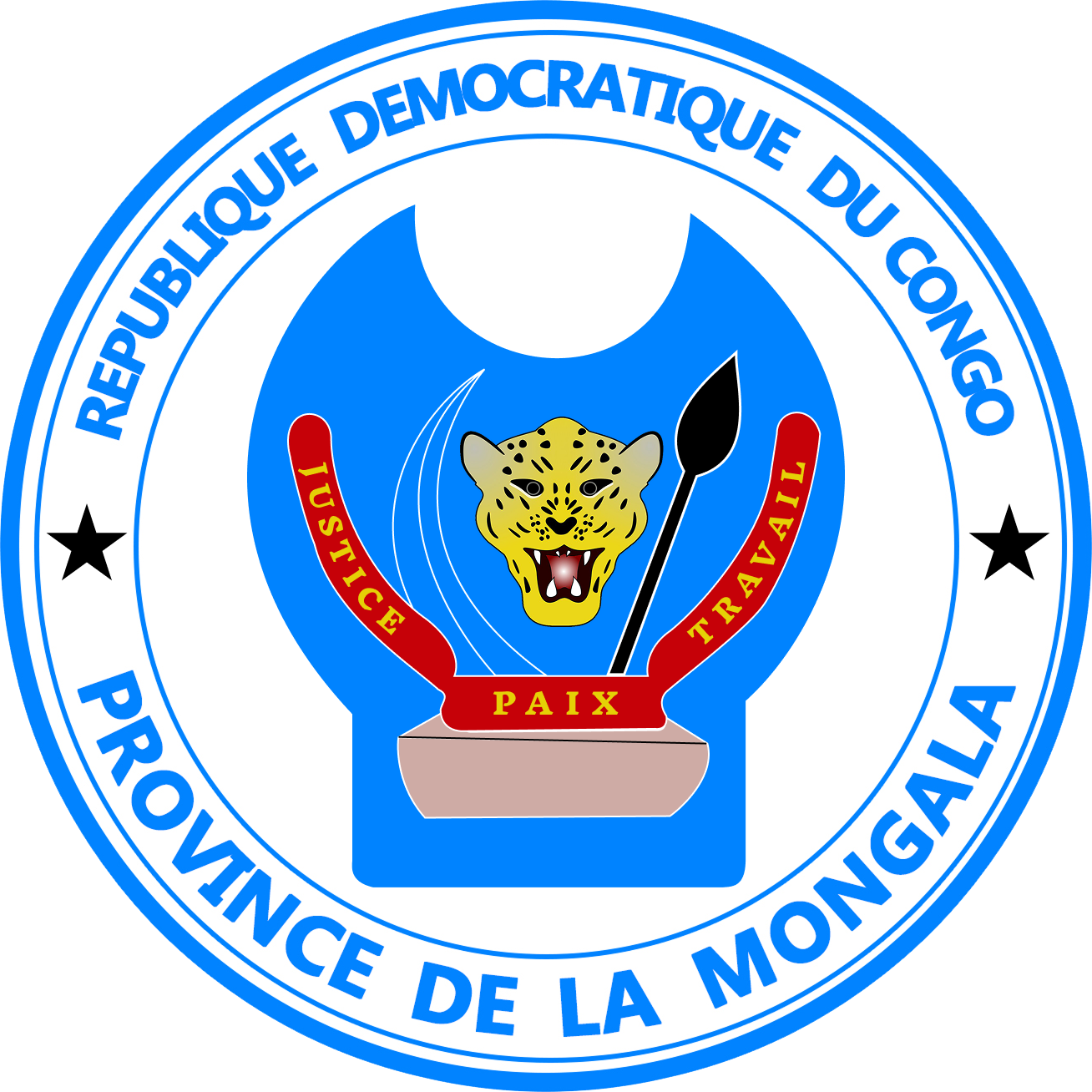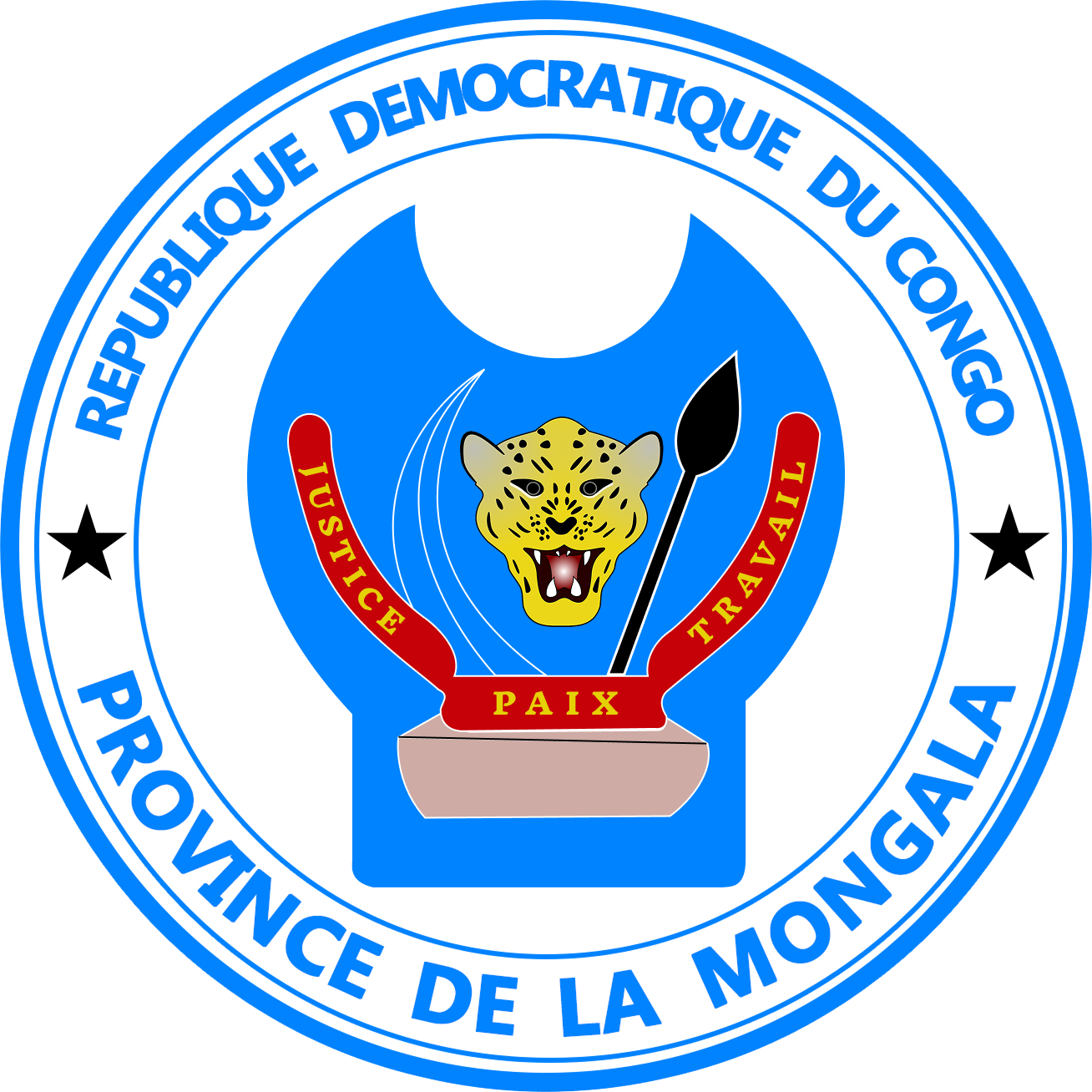🏗️ Technical & Vocational Institutes in Mongala Province
Mongala Province recognizes the importance of technical and vocational education in shaping a skilled workforce and promoting economic growth. Vocational training centers provide young people with hands-on expertise in various trades, helping them secure jobs or start their own businesses.
1️⃣ Importance of Vocational & Technical Training 🚀
📍 Where: Urban centers, rural training hubs, industrial workshops
🔹 Best for: Job seekers, young professionals, entrepreneurs
Why is vocational education important?
✔ Bridges the skills gap – Employers need trained professionals
✔ Promotes self-employment – Helps individuals start businesses
✔ Boosts the local economy – Skilled labor improves industry productivity
✔ Supports rural communities – Brings training to underserved areas
2️⃣ Major Vocational & Technical Training Institutes 🏫
📍 Located in: Lisala (Capital), Bumba, Bongandanga, Bosondjo, and other districts
🏗️ 1. Institut National de Préparation Professionnelle (INPP) - Mongala Branch
-
Government-backed institute that provides practical skill training
-
Offers courses in mechanics, carpentry, electricity, and IT
-
Short-term certification programs available for quick employment
⚙️ 2. Centre de Formation Professionnelle et Artisanale (CFPA)
-
Focuses on artisanal and small-scale industrial skills
-
Training in textile work, wood carving, metalwork, and home appliance repairs
-
Programs tailored for women and youth empowerment
🚜 3. Agricultural & Fisheries Training Institutes
-
Provides hands-on agricultural, livestock, and fishery training
-
Encourages modern farming techniques to boost food security
-
Supports cooperatives and small farming enterprises
🖥️ 4. IT & Digital Skills Centers
-
Offers training in computer literacy, digital marketing, and programming
-
Encourages young entrepreneurs to explore online business opportunities
-
Helps students transition into remote work and freelancing careers
3️⃣ Popular Vocational Courses & Training Programs 🎓
✔ Agriculture & Food Processing – Sustainable farming techniques, post-harvest management
✔ Construction & Carpentry – Masonry, woodworking, house renovation
✔ Mechanics & Auto Repair – Vehicle maintenance, industrial mechanics
✔ Electrical & Plumbing Services – Home wiring, solar panel installation
✔ Textile & Fashion Design – Tailoring, fabric production, leatherwork
✔ Hotel Management & Hospitality – Tourism services, restaurant operations
✔ Welding & Metal Fabrication – Industrial and household metalwork
✔ Entrepreneurship & Business Management – Startups, microfinance, and marketing
4️⃣ Government & Private Sector Support 🏛️
🚀 Government Initiatives
✅ Technical education policies to boost skill-based learning
✅ Funding for training centers to expand infrastructure and programs
✅ Incentives for industries to hire vocational graduates
🤝 Public-Private Partnerships
✔ Collaborations with local industries & employers
✔ Support from international development agencies
✔ Expansion of internship and apprenticeship programs
5️⃣ Challenges & Future Development Plans 🌍
🔴 Limited access in rural areas → ✅ Mobile training centers and community workshops
🔴 Outdated training materials → ✅ Upgrading facilities and technology integration
🔴 High unemployment rates → ✅ Job placement programs and entrepreneurial support
📢 Vision for the Future
🔹 More training institutes in key economic zones
🔹 Incorporating digital & AI skills into vocational education
🔹 Encouraging women & youth participation in technical fields
✨ Conclusion
Technical and vocational education in Mongala Province is expanding rapidly, offering youth valuable skills to secure employment and start businesses. By investing in infrastructure, modern training programs, and partnerships, the province aims to create a skilled workforce that can drive sustainable development.


